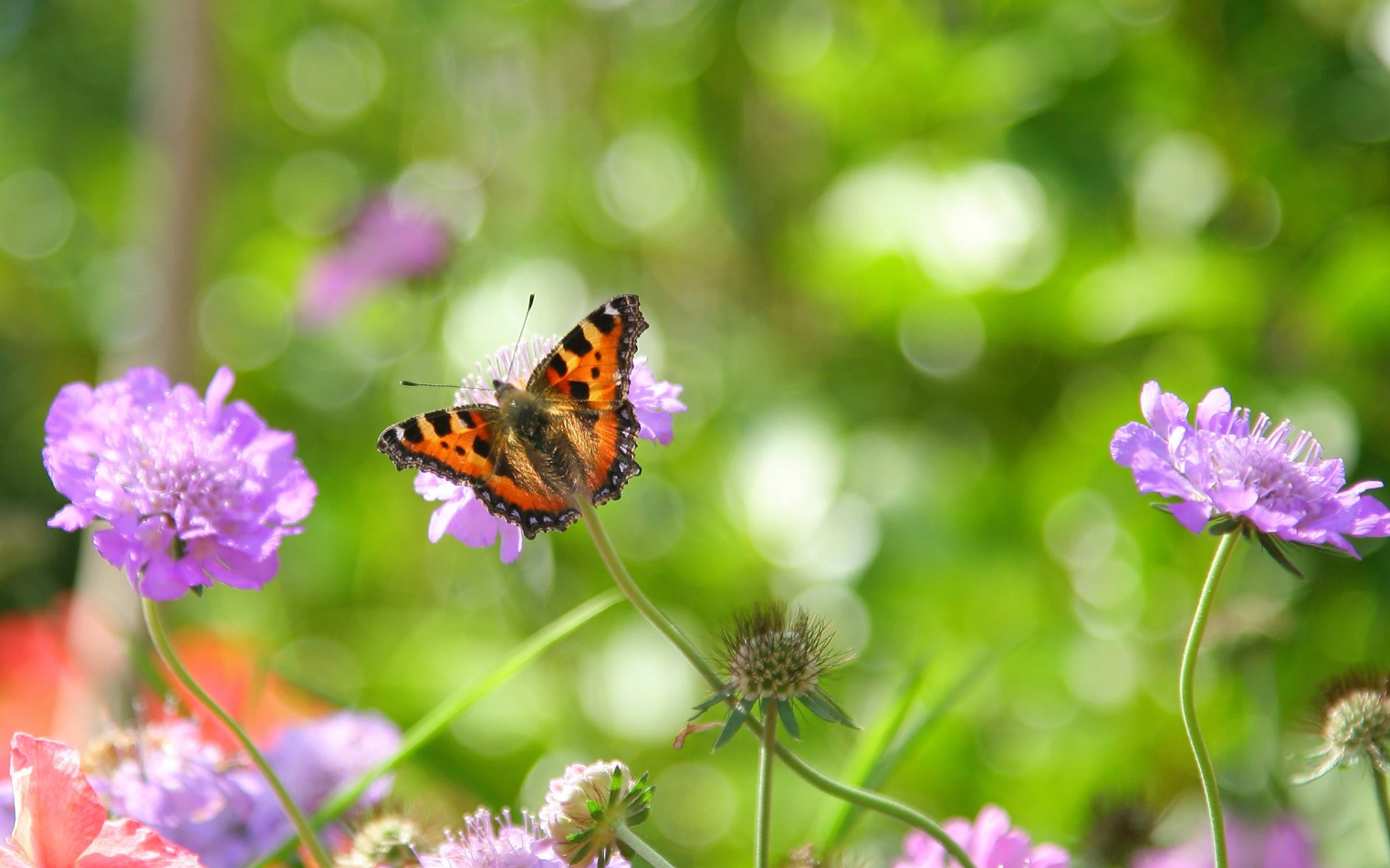

What’s the Truth About the ‘Insect Apocalypse’?
As I write here in the shade of my back garden there are weather warnings of a risk of death and severe damage to infrastructure. A notification has come through on my phone displaying a picture of the front page of the Guardian for July 16th, it reads: “Thousands may die as record highs expected”.
I decide to walk to the grounds of my local hospital where there are a couple of large ponds, some shade and benches you can sit on and observe some wildlife. On my way I pass through a park where there is a good turn out for the local outdoor bowls match. I guess most of the players are in their 60s and 70s, some wearing shorts, some wearing trousers and nearly all of them donning white hats. On reaching the hospital I notice the car park almost empty, as it had been in the early lockdown phase of Covid. But by the ponds there are so few swallows, swifts and martins (house- and sand-) this summer. As each summer passes I notice there are fewer and fewer of them and I wonder why. This is happening worldwide and the barn swallow has seen a 95% drop in numbers across North America in the last 40 years.
These birds feed on insects and insects come out in warm and hot weather. Insects are crucial for pollinating plants, a process which is essential for reproducing a range of flowers and vegetables. Around 80% of U.K. plants are pollinated by insects, including a large number of our food crops. The U.K.’s flying insect population has declined by a staggering 60% in 20 years according to some reports. An insect Armageddon is underway, say many entomologists.
Why it can be such a joy to lack some knowledge, as I do in so many fields, is that it provides an incentive to think critically and do my own research. I want to look at both sides of the argument, resist any temptation to be swayed to one side or the other and increase my knowledge rather than just reach a conclusion. I want to know what is really going on. Those who have read Chris Morrison’s articles in the Daily Sceptic will be well informed that the argument for global warming, so relentlessly pushed by the BBC, doesn’t stand up to scrutiny. The articles cite convincing data provided by many climate experts who have been largely silenced by the mainstream media. The data categorically refute the BBC’s line.
So it’s early days for me in this research but I don’t think I should discount what I’ve seen with my own eyes. When I was a teenager in the 70s my dad’s car would be splattered all over with dead flies after a long car journey and I would spend a fair bit of time afterwards trying to wash the car clean.
Germany’s Federal Agency for Nature Conservation stresses that insects are a major food source not only for birds, but also for bats and amphibians. Another important role is played by specialised insects which prey upon the pest species. Jurgen Deckert, insect custodian of the Berlin Natural History Museum, says that he is worried the decline in insect population is gradual and that there’s a risk we will only take notice once it is too late.
So what are the possible causes of the alleged huge decline in insect numbers? “There are many indications that what we see is the result of a widespread poisoning of our landscape,” says Lief Miller, Director General of the German chapter of Birdlife International. Yet even environmental campaigners like Miller admit that the root causes and the full dimension of the problem aren’t yet fully understood. “I suspect it is a multiplicity of factors, most likely with habitat destruction, deforestation, fragmentation, urbanisation and agricultural conversion being the leading factors,” says Stanford ecologist Dirzo.
I find it interesting that all these ecological experts don’t put climate change or global warming as even a contender in their list of the causes, yet the BBC, the Guardian and other mainstream outlets try to tag it on to the end of their lists or even make it out to be the main cause.
But what about the arguments against a so-called insect Armageddon? Anecdata is not scientific data and some argue there is very little science quoted to back up the insect decline statements. Critics say collecting fewer insects off car number plates is likely to be affected by increasing numbers of cars on the road and modern designs that deflect them over the front wedge shape. They say bird numbers are very difficult to estimate and that swallows move around a lot and there might be a meteorological reason for a flight path changing.
Dr. Callum Macgregor from the Department of Biology at York University, who found “no evidence” for insect Armageddon, says:
If pesticides were causing the problem you would expect to see the biggest decline in arable landscapes; likewise, if it were light pollution (for moths), the biggest decline would be in urban environments. We found neither of these to be the case – in fact, the habitats with the biggest decline were woodland and grassland.
Briefly, here are three relevant questions from ecologist Manu Saunders:
- 1. What are the Insectageddon facts?
- i. Declines of some species or taxonomic groups are confirmed in some parts of the world, predominantly in Western Europe, U.K. and North America.
- ii. Human activities are definitely impacting insect populations.
- 2. What don’t we know?
- i. We don’t know anything about most insect species on earth. Only about a fifth of the estimated insect species are known to science.
- ii. Most of the published long-term data are from the U.K. and Europe – there are very limited data for the rest of the world.
- iii. Most available data from these regions are for a few groups of species.
- iv. Why are some species declining and some increasing?
- 3. How can we fix this?
- i. More conservation actions.
- ii. More research.
- iii. More funding.
I suppose it is inevitable that an ecologist will call for more funding, more research and more ecology, but in this case it does seem to be warranted.
So what I have learned from my early research into this debate is that I need not be quite so worried about an imminent ‘insect Armageddon’ but that I should be concerned about how little we really know about such a crucially important subject. It reminds me of my favourite quotation from Socrates: “A wise person understands that he knows nothing”. There is so much more to learn here and professional, principled and reputable broadcasters should never claim that science only has one particular viewpoint or that the science is ‘settled’.
Why are broadcasters trying to scare so many of us? It’s July, it should be hot in some parts of the U.K. When this mini heat-wave ends here (probably by Wednesday) you can bet on the BBC doggedly tracking and sensationalising any climate anomaly in all the far flung corners of the globe for the rest of the year. As with Covid, everything seems to be taken out of context and it’s almost as if these news outlets have been paid or bribed to set an agenda through a form of brainwashing.
So thank you, Guardian and BBC. I will, after much consideration, ignore your gloomy alarmism, and sing at the top of my voice:
The sun has got his hat on
Hip, hip, hip hooray
The sun has got his hat on
And he’s coming out today!
Dr. Mark Shaw is a retired dentist.






